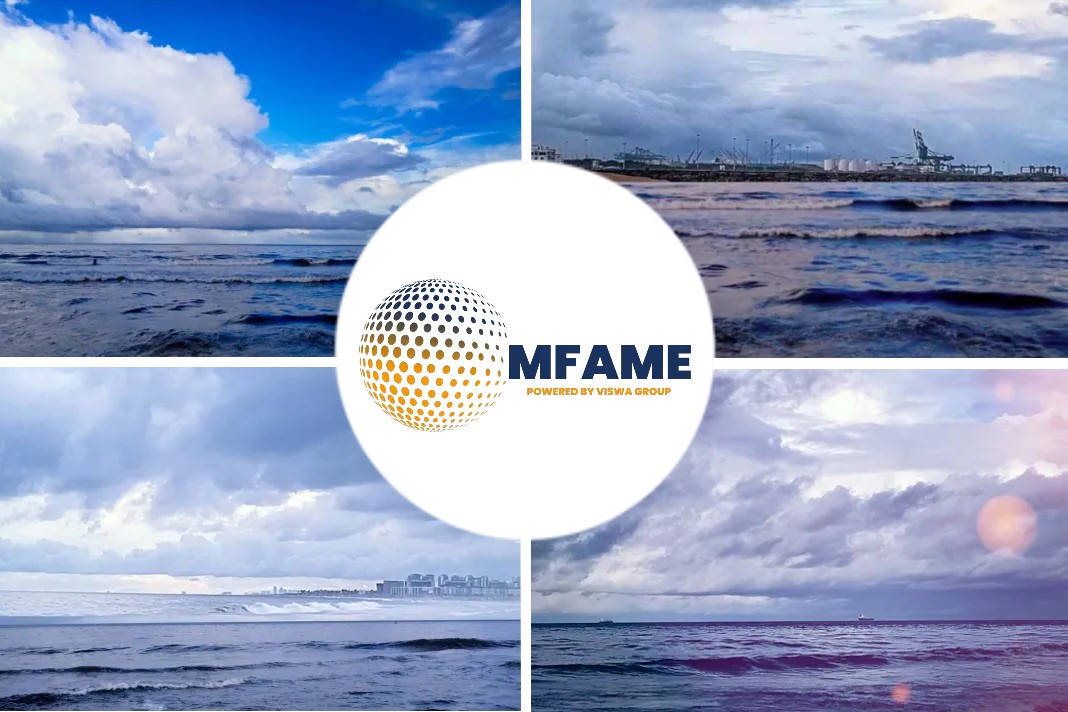According to a joint study by AP Moller – Maersk and Lloyds Register (LR), alcohol, biomethane and ammonia are seen best positioned for zero emission fuels for shipping, says an article published in Seatrade Maritime News.
Fuels for Research & Development
The study found that based on market projections alcohol, biomethane, and ammonia were the best positioned fuels for research and development to provide net zero carbon fuels for vessels to be built by 2030.
Hydrogen
Hydrogen has attracted a lot of attention using fuel cells to decarbonise shipping fuel. But cells and batteries were seen as unlikely by the study as having an immediate role in powering carbon neutral deep sea vessels.
Alcohol, Biomethane, and Ammonia
The study by Maersk and LR instead found that based on market projections alcohol, biomethane, and ammonia were the fuels best positioned for research and development to provide net zero carbon fuels for vessels to be built by 2030.
80% hypothesis and 20% other options
The cost projections for all three were all similar but have different challenges in terms of their development.
“It is too early to rule anything out completely, but we are confident that these three are the right places to start. Consequently, we will spend 80% of our focus on this working hypothesis and will keep the remaining 20% to look at other options,” said Soren Toft, coo of Maersk.
The expenditure
LR ceo Alastair Marsh, said, “This joint modelling exercise between Lloyd’s Register and Maersk indicates that shipowners must invest for fuel flexibility and it is also clear that this transition presents more of an operating expenditure rather than capital expenditure challenge.”
Alcohol to fuel transition
In terms of using alcohol, either ethanol or methanol, as fuel methanol is already in use on a small number of vessels and there are various possible production pathways – directly from biomass and/or via renewable hydrogen combined with carbon from either biomass or carbon capture. But the study said the pathway to transition to alcohol based solutions was yet to be defined.
Biomethane transition
Biomethane as seen as having a smooth transition in terms of infrastructure and technology but the study highlighted the issue of methane slip.
Risky transition of Ammonia to fuel
Ammonia was seen a truly carbon free fuel that can be produced from renewable electricity, and has been attracting attention over the last 12 months.
The study noted: “The main challenge for ammonia is that it is highly toxic and even small accidents can create major risks to the crew and the environment. The transition from current to future applications is also a huge challenge for ammonia.”
Sustainable energy production and distribution
As with the move over the last decade to promote the use of LNG as fuel the challenge was seen as lying as much, if not more, with supply side infrastructure as was installing the technology turn to burn new fuels on ships at sea.
“The main challenge is not at sea but on land. Technology changes inside the vessels are minor when compared to the massive innovative solutions and fuel transformation that must be found to produce and distribute sustainable energy sources on a global scale,” said Toft
“We need to have a commercially viable carbon neutral vessel in service 11 years from now.”
Did you subscribe to our daily newsletter?
It’s Free! Click here to Subscribe!
Source: Seatrade Maritime News
















